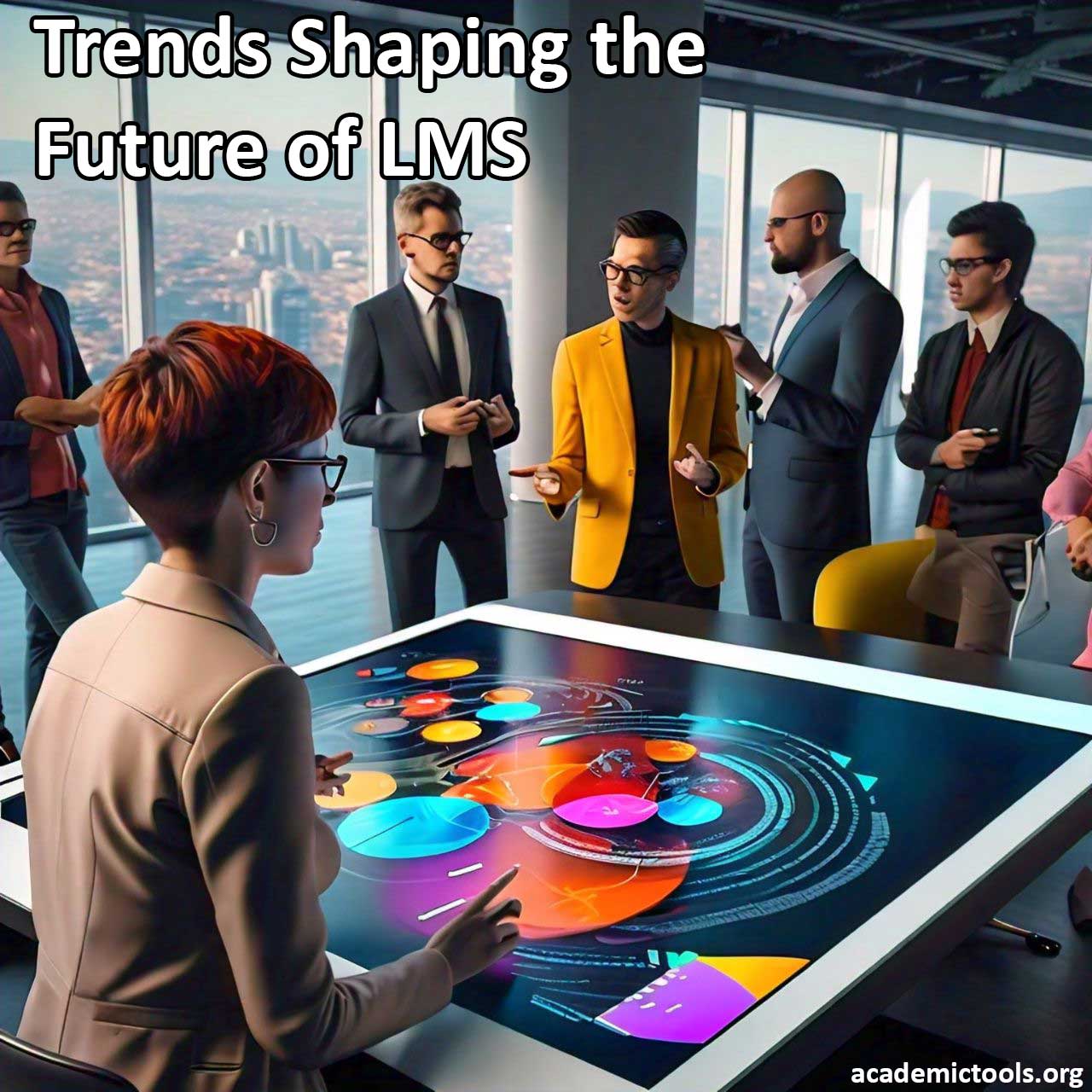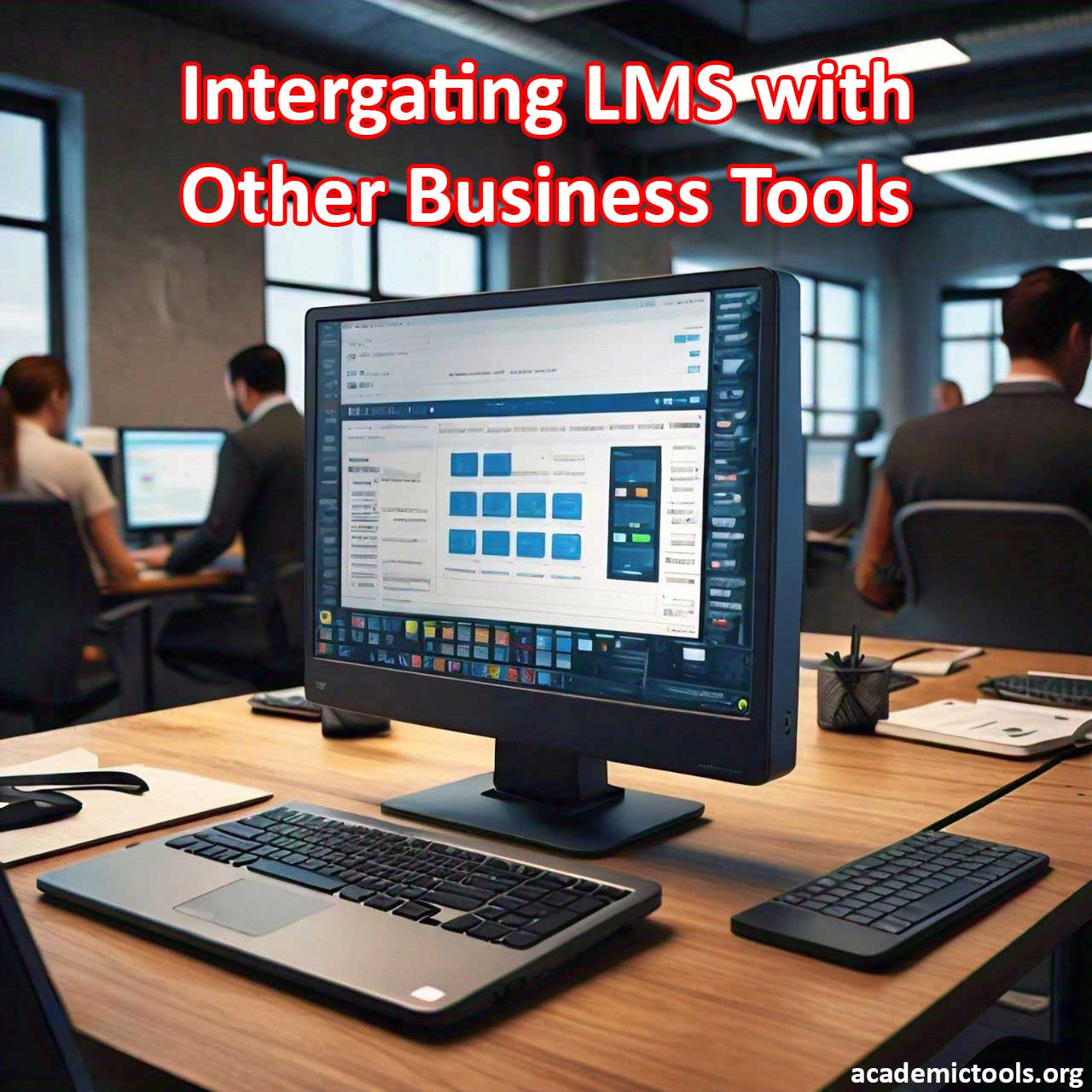The education landscape is undergoing a significant transformation, driven by technological innovations and shifting learner demands. At the forefront of this evolution are Learning Management Systems (LMS), which are revolutionizing the way education and training are delivered. As we explore the future of LMS trends, several key developments are emerging that will reshape the LMS landscape, influencing the design, functionality, and impact of these platforms. Here, we’ll delve into the most significant future of LMS trends that will redefine the educational technology landscape.
Table of Contents
1. Artificial Intelligence and Machine Learning
AI and machine learning are revolutionizing various industries, and education is no exception. LMS platforms are increasingly integrating AI to provide personalized learning experiences. These technologies analyze student data to adapt content, recommend resources, and offer real-time feedback, thereby creating a more tailored and efficient learning journey.
2. Microlearning and Modular Content
The demand for bite-sized, easily digestible content is growing. Microlearning involves breaking down information into small, manageable segments that learners can consume quickly. LMS platforms are adapting to this trend by offering modular course designs, enabling learners to progress at their own pace and access specific content as needed.
3. Gamification as a Future of LMS Trends
As we explore the future of LMS trends, gamification is emerging as a key strategy to boost engagement and motivation in online learning environments. By incorporating game-like elements, such as points, badges, leaderboards, and challenges, LMS platforms can make learning more interactive, enjoyable, and effective. As a result, gamification is becoming an essential feature in modern LMS platforms, driving student participation, retention, and overall learning success, and paving the way for a more immersive and engaging future of LMS trends.
4. Mobile Learning
The proliferation of smartphones and tablets has made mobile learning a necessity. Modern LMS platforms are optimized for mobile devices, ensuring that learners can access content anytime, anywhere. Enhanced mobile functionality includes offline access, responsive design, and seamless synchronization across multiple devices.
5. Social Learning and Collaboration
As we look to the future of LMS trends, it’s clear that social learning will play a vital role in shaping the next generation of Learning Management Systems. The increasing demand for collaborative learning experiences is driving the integration of social learning tools within LMS platforms, including discussion forums, chat features, and group project tools. By fostering a sense of community and facilitating knowledge-sharing, idea discussion, and teamwork, these social learning features are revolutionizing the way we learn and paving the way for a more interactive and engaging future of LMS trends.
6. Data Analytics and Learning Insights
The use of data analytics in education is growing, providing valuable insights into learner behavior and performance. LMS platforms are leveraging big data to offer advanced reporting and analytics tools. Educators can track progress, identify learning gaps, and make data-driven decisions to improve instructional strategies and outcomes.
7. Cloud-Based LMS Solutions
The shift to cloud-based LMS solutions offers numerous benefits, including scalability, cost-effectiveness, and ease of access. Cloud-based platforms require less maintenance and provide automatic updates, ensuring that institutions always have access to the latest features and security enhancements. Additionally, they support remote learning, which has become increasingly important.
8. Virtual and Augmented Reality
Virtual Reality (VR) and Augmented Reality (AR) are emerging technologies that offer immersive learning experiences. LMS platforms are beginning to incorporate VR and AR to create interactive simulations, virtual labs, and 3D visualizations. These technologies enhance understanding by allowing learners to experience concepts in a realistic and engaging manner.
9. Focus on Accessibility and Inclusion
As the future of LMS trends continues to evolve, accessibility is emerging as a critical component of modern Learning Management Systems. Ensuring that educational content is accessible to all learners, regardless of their abilities, is a growing priority. To address this need, LMS platforms are incorporating advanced accessibility features, including support for screen readers, customizable interfaces, and compatibility with various assistive technologies. By prioritizing accessibility, the future of LMS trends will be shaped by inclusive and equitable learning environments that provide every learner with an equal opportunity to succeed.
10. Blockchain for Credentialing
Blockchain technology is being explored for secure credentialing and certification. By using blockchain, LMS platforms can issue digital certificates and badges that are tamper-proof and easily verifiable. This adds a layer of trust and transparency to the certification process, benefiting both learners and employers.
Conclusion
The future of LMS trends is being shaped by dynamic trends that promise to revolutionize the educational experience for learners and educators alike. As technology continues to advance, LMS platforms will evolve to meet the changing needs of the education sector, providing innovative solutions that drive engagement, accessibility, and effectiveness in learning. According to a report by ResearchAndMarkets, the global LMS market is expected to reach $25.2 billion by 2025, driven by the increasing demand for online and blended learning. As the education landscape continues to shift, the future of LMS trends will play a critical role in shaping the next generation of learning technologies.



